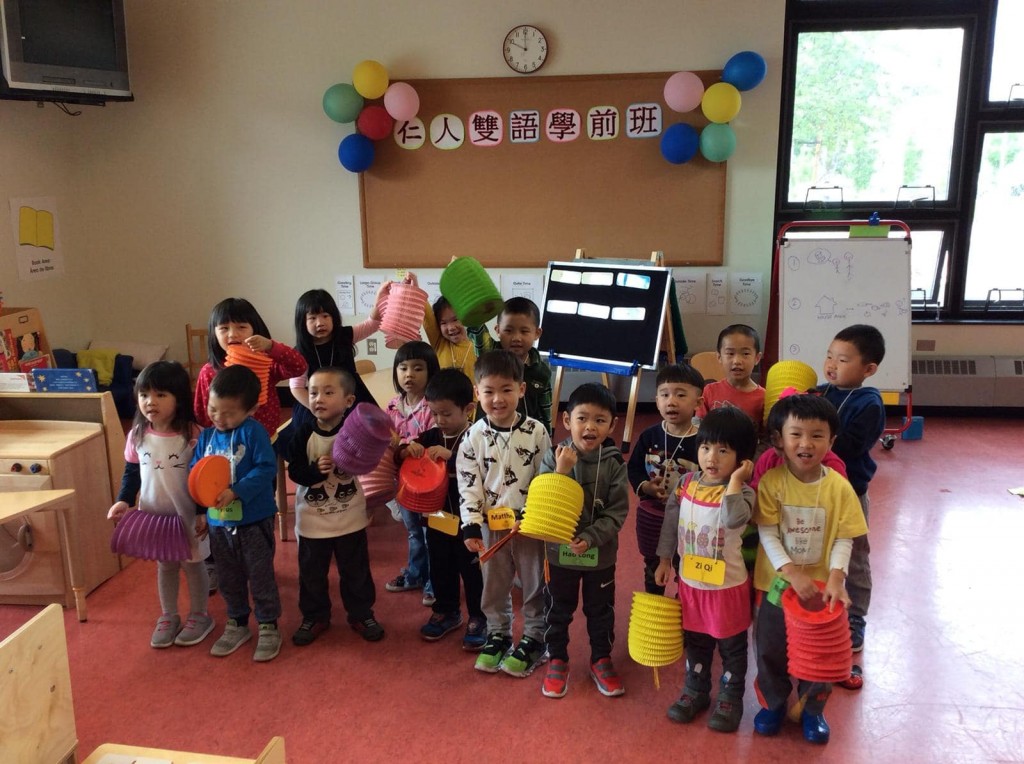A new student at Chinese Information and Service Center (CISC) had only arrived in the United States in August. When he enrolled in their Bilingual Orientation School, he did not know the English alphabet, and was struggling to adjust to a new culture and a new language. Weeks later, he proudly read the entire alphabet! The reading specialist who had been working with him was also proud– not only of his blossoming English proficiency, but of his perseverance and zeal for learning. When he started, the specialist had talked with him in Toishanese and determined that he would be best served by visual and kinesthetic learning experiences. They ran around the classroom playing “I Spy” and touching corresponding objects, played card games, and drew pictures to help memorize the alphabet. After six months, this student grew in leaps and bounds and was rapidly closing the gap between his grade level and his English reading ability.
This school year, CISC is serving a particularly high number of newly-arrived students, including one who has been in the United States for only two months. This requires the specialists who help teach these children English to be highly responsive to an individual’s academic and social-emotional learning needs, and adapt their intervention strategies accordingly. But the real magic is keeping kids motivated and eager– which is why the specialists center empowerment and encouragement in everything that they do.

With the support of the Best Starts OST initiative, CISC is now able to maintain a team of five reading specialists, which enables deeper one-on-one supports for the growing number of immigrant youth served. Three of the specialists are bilingual, translating from English to Mandarin, Cantonese, and Toishanese and back again. This clearly benefits their communication with youth and enables the organization to more appropriately gauge the reading level of students when language barriers otherwise overshadow their strengths. These bilingual specialists are also role models and mentors for kids who are immersed in a new county, culture, and language and are trying to find their footing. Simply greeting children in their home languages builds trust and rapport with kids looking for anything familiar in their new world. They share their own stories of immigration and learning English, and demonstrate that bilingualism is a gift to celebrate.
This relationship-building, affirming, and supporting all parts of the youth, means that academic gains happen more quickly and easily. Reading specialists are intentional about actively listening to their students, supporting them with empathy and positive feedback as well as honoring the needs that kids express. One student was so excited about their growing literacy skills that they asked for more time to focus on reading activities within the week– a notable request for a reading- and literacy-based program! The organization responded by infusing more literacy activities into two additional days of the program, much to the delight of this enthusiastic learner.
CISC, supported by their SOWA Program Quality Coach, holds weekly meetings for the reading intervention team and monthly meeting for the program team. Specialists are able to quickly and consistently problem solve, working through scenarios and determining how to modify their approach. At the monthly meetings, the specialists employ the social-emotional learning skills they’re growing as part of the Best Starts OST Quality Initiative to inform program-wide structure and strategy. A crucial element of the social-emotional learning environment is centering Chinese culture. This ensures that the program is relevant and responsive to the community it serves and respects the Chinese staff members as leaders who steer the program as a whole, which is staffed by adults of many ethnicities and nations-of-origin. For students and staff alike, the success of the program is rooted in the deep relationship between identity and social-emotional learning practices. It’s impossible to create a space that honors the whole self without also honoring one’s culture.
